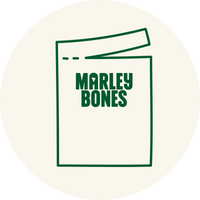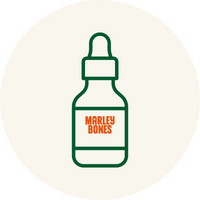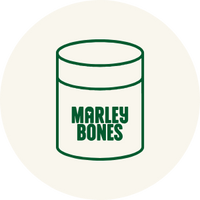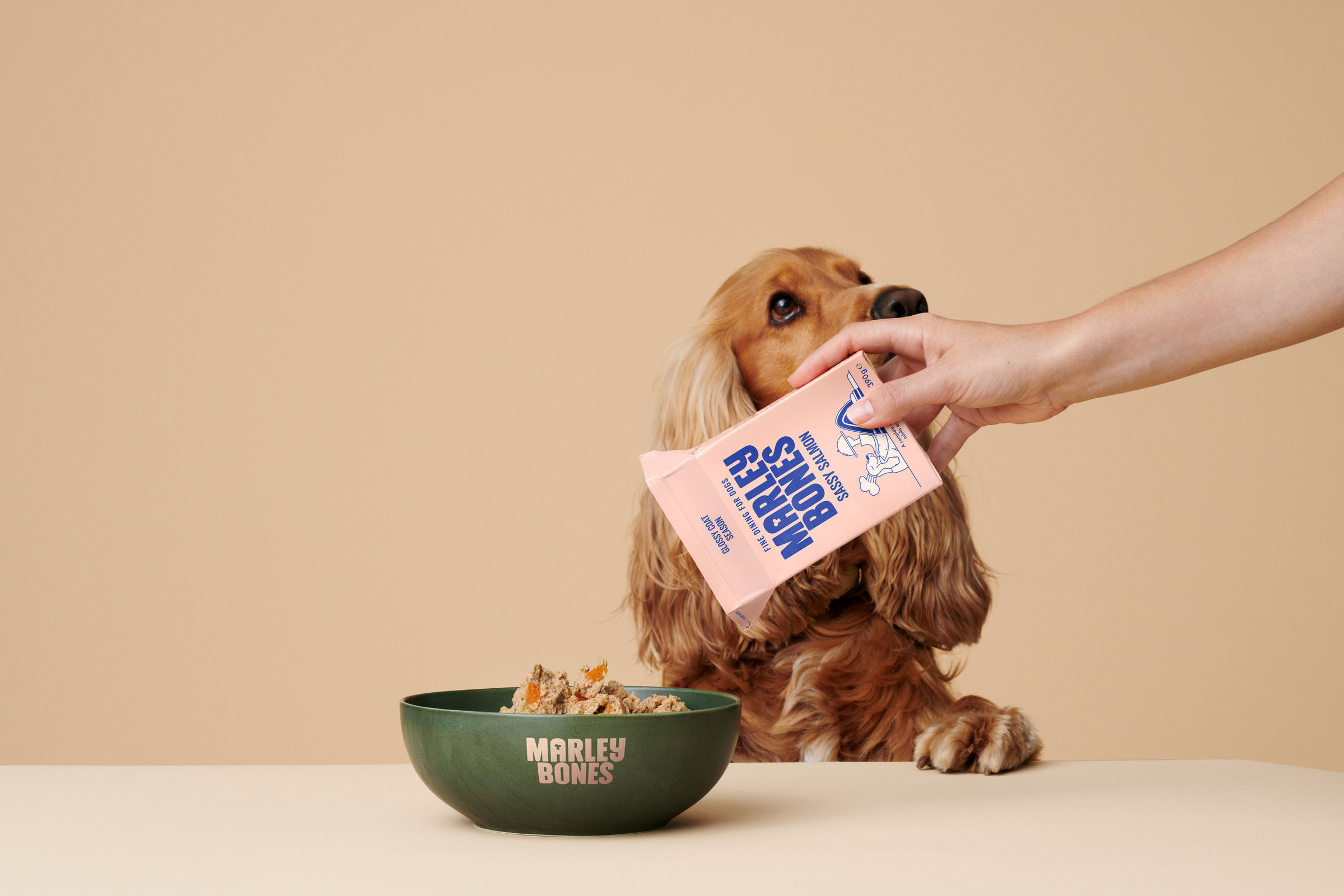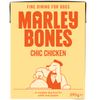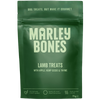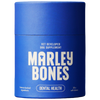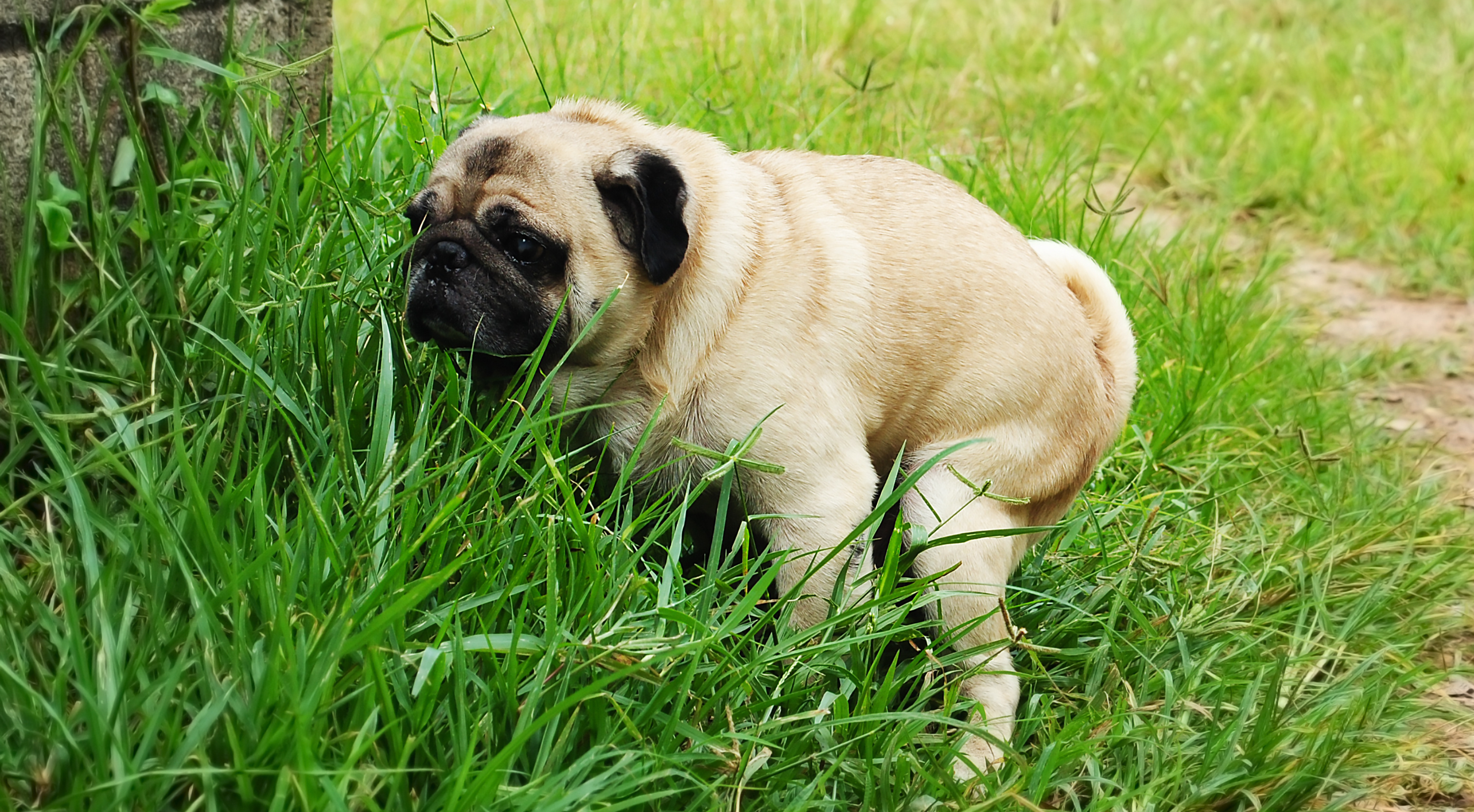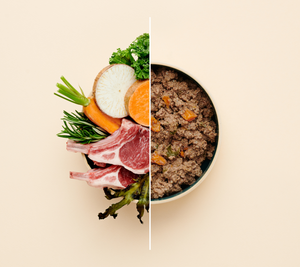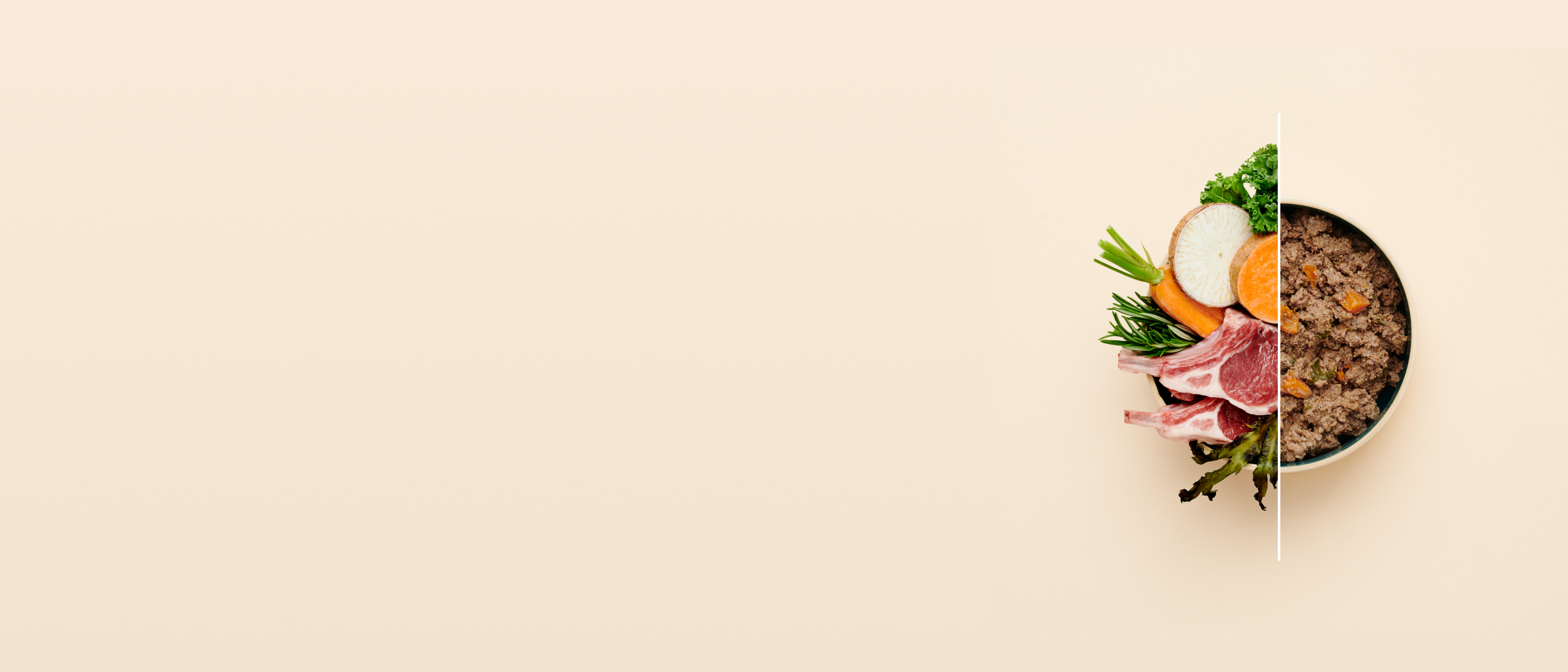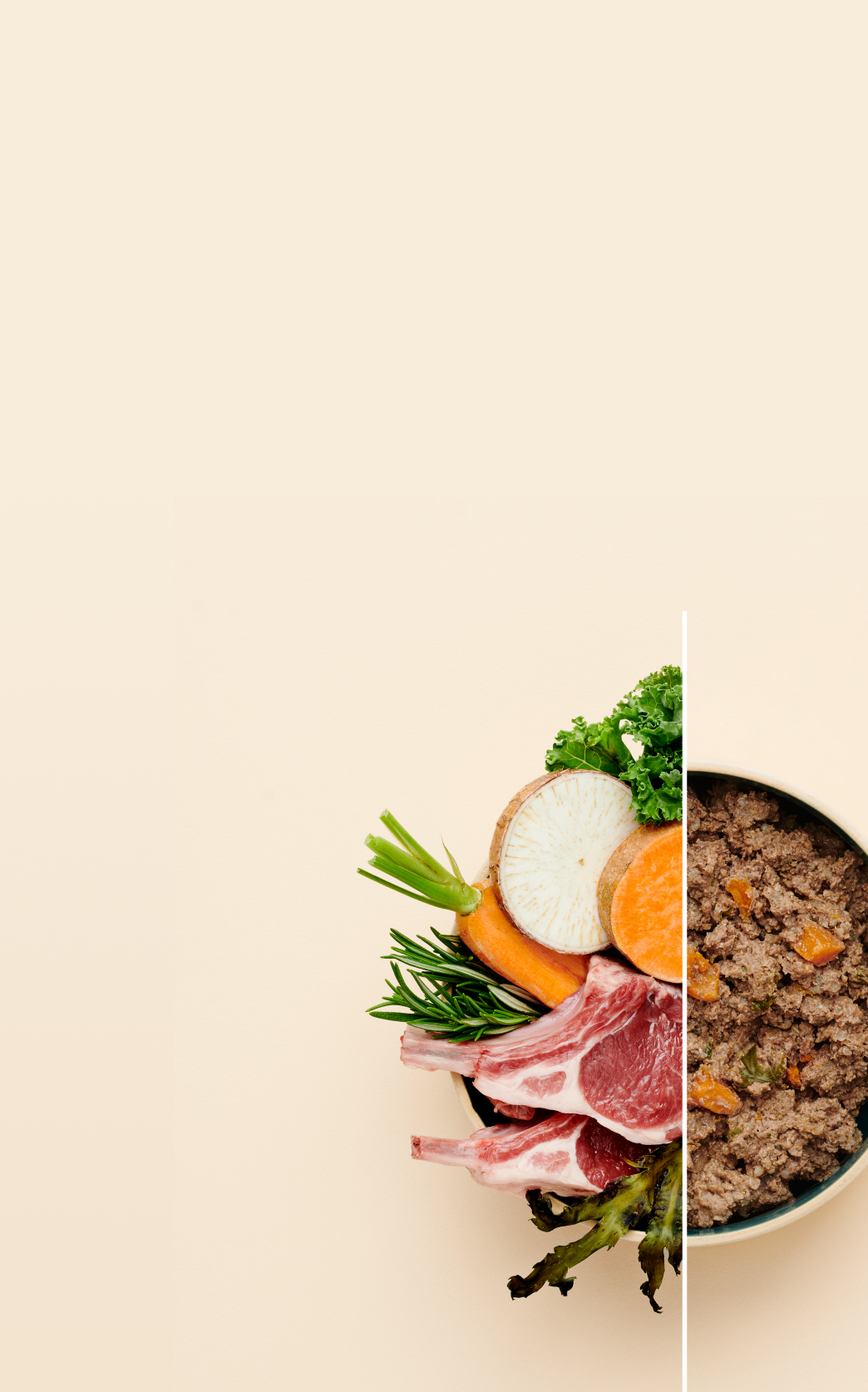What To Give Dogs For Diarrhoea: Vet Reviewed Guidance
Diarrhoea in dogs is a common issue that often starts suddenly and can cause concern for even experienced pet owners. Understanding what to give dogs for diarrhoea, when to treat at home, and when to contact a vet is essential for managing the situation responsibly.
Most cases of acute diarrhoea are mild and short-lived. But in some instances, it may signal an underlying health issue that requires veterinary attention. Let’s explore the causes, home management strategies, and what not to do when your dog has diarrhoea.
Why Does Diarrhoea Happen in Dogs?
The gut plays a vital role in digestion, nutrient absorption, and water regulation. A balanced gut microbiome keeps this system running smoothly, but when disrupted, inflammation and bacterial imbalance—known as dysbiosis—can result in diarrhoea.
In many cases, diarrhoea is the body’s way of clearing out unwanted or harmful substances quickly.
Common signs include:
- More frequent bowel movements
- Soft or watery stools
- Sudden “spray-like” diarrhoea
- Potential vomiting, lethargy, or loss of appetite in more serious cases

When To Call The Vet
Some signs indicate that diarrhoea may be more than a passing issue. You should seek veterinary care immediately if your dog shows:
- Diarrhoea combined with vomiting
- Bright red or black (digested blood) in the stool
- Lethargy, depression, or refusal to eat
- Diarrhoea lasting more than 48 hours
- Symptoms in very young, elderly, or immunocompromised dogs
- Signs of poisoning or ingestion of something unusual
Puppies are particularly vulnerable due to their underdeveloped immune systems. In these cases, even short-term diarrhoea can become serious without prompt care.
Common Causes of Acute Diarrhoea in Dog's
Dietary Triggers:
- Sudden change in diet
- Food intolerance or allergy
- Eating spoiled food or rubbish
- Overeating
- Salt water ingestion
Infections or Inflammation:
- Viral or bacterial infections (e.g. Salmonella, E. coli)
- Intestinal parasites
- Gastroenteritis
Psychological or Neurological Factors:
- Stress or anxiety
- Sudden excitement or fear
- Pain or discomfort
Different Types of Diarrhoea
Understanding what’s happening in the gut can help you manage diarrhoea more effectively:
- Osmotic diarrhoea: Caused by undigested substances attracting water into the bowel (often from overeating or eating unsuitable foods).
- Secretory diarrhoea: Triggered by bacteria or viruses, causing the gut to actively release fluid.
- Increased intestinal permeability: A more serious situation where fluids and nutrients leak through damaged gut walls, often seen in ulcerative or neoplastic conditions.
- Motility-related diarrhoea: Often linked to stress or excitement, where gut contractions are too fast for normal digestion.
What To Do When Your Dog Has Diarrhoea
Step 1: Temporary Fasting
- Withhold food for 12–24 hours to allow the digestive system to rest. Always keep fresh water available to prevent dehydration.
Step 2: Gradual Food Reintroduction
- Start with one-third of your dog’s normal portion using easily digestible, high-quality fresh food. Avoid processed or high-fat meals.
Step 3: Support the Gut
- Prebiotics: Supplements with psyllium husk can help regulate stool consistency, especially in cases of large intestine inflammation.
- Probiotics: Rebuild beneficial gut bacteria after the episode, especially for one to two weeks post-diarrhoea.
- Fresh, lightly cooked meals are gentler on the gut and often better tolerated than dry food during recovery.

What NOT To Give A Dog with Diarrhoea
- Boiled rice: A common myth, but rice is high in starch, which dogs struggle to digest when ill. It may worsen inflammation.
- Over-the-counter medication or antibiotics: These can be harmful if used improperly and may disrupt the gut microbiome further.
- Excessive treats or table scraps: Stick to a clean, consistent recovery diet.
Avoid self-medicating unless directed by your vet. Antibiotics, in particular, should only be used when necessary and prescribed, as they can worsen gut imbalance.
The Final Woof
Most cases of acute diarrhoea resolve within 24 to 48 hours with rest, fresh food, and gut support. Prebiotic and probiotic supplements can help restore balance, especially when paired with a high-quality, easily digestible diet.
However, if your dog is very young, old, or showing additional symptoms like vomiting or lethargy, do not wait—contact your vet.
Responsible management, attention to symptoms, and the right nutrition can support your dog’s recovery and prevent more serious health issues from developing.


